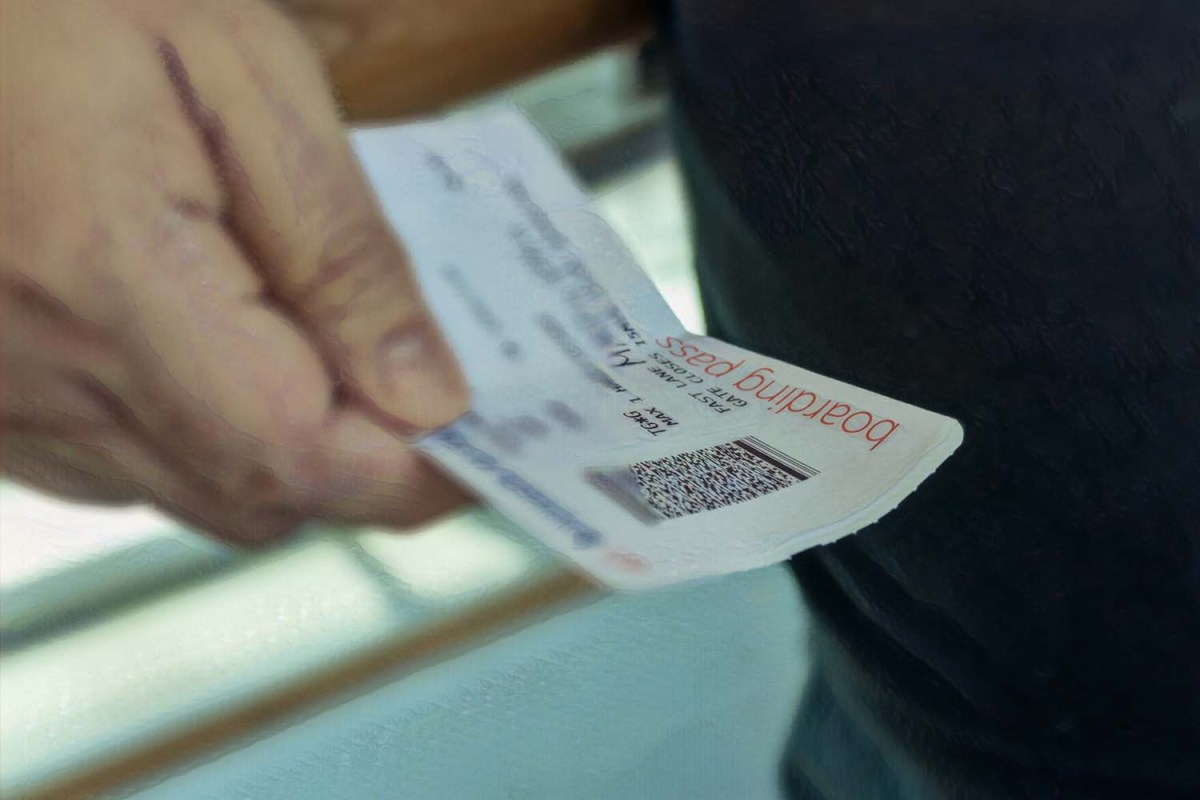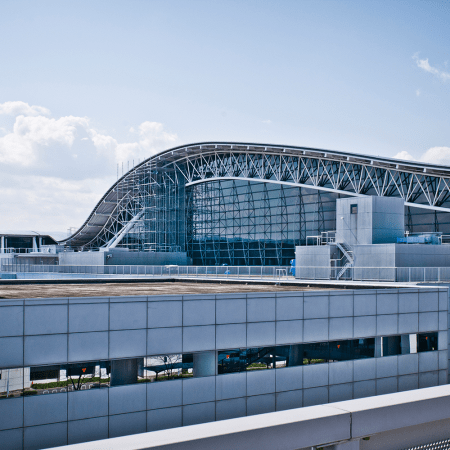A boarding pass contains a lot of vital information. Specifically: your airline, flight number, gate, boarding group, boarding time, departure time, departure city, arrival city and seat assignment. But sometimes there are other details printed on your boarding pass that you may not be trained to look out for — or recognize at all. And not because they’re of the inconsequential variety, either. In fact, some of them are of the utmost significance. They may have even caused you some security-related delays in the past.
Here’s what you need to know.
In November 2001, President Bush signed into law the Aviation and Transportation Security Act, which required screening conducted by federal officials and 100 percent of checked baggage to be screened, among other things. Subsequently, the TSA was born, with its primary assignment being the supervision of those screenings. From that day forward, the way we navigate airports changed forever.
One of the programs that TSA would go on to launch is the Secure Flight Program. Per TSA, “Secure flight is a risk-based passenger prescreening program that enhances security by identifying low and high-risk passengers before they arrive at the airport by matching their names against trusted traveler lists and watchlists.” In the worst scenarios, passengers — based on their risk — are prohibited from flying. In other, less severe cases, passengers wind up with the letters “SSSS” emblazoned on their boarding passes.
According to the YouTube channel Simple Flying, SSSS is used on international and domestic flights to and from the U.S. and indicates that additional security screening should be carried out. While there are more than a handful of factors that influence the screening process, most of the reasons you might find yourself marked aren’t disclosed to the public for security purposes. Though, as Simple Flying points out, being on a security watchlist (the FBI counter-terrorism watchlist chief among them) is a surefire way to “trigger the code.”
That said, there are also a few more, mostly innocent ways in which you might invoke the SSSS, including the habitual booking of one-way or last-minute flights. Additionally, travel to or between certain countries and specific airports, as well as discrepancies between boarding passes and passports or other forms of identification, can raise flags. Sometimes, like all other manner of screenings, the code is assigned at random.
So what does that mean for you? If you’re hit with those four scarlet letters, you’re going to be subjected to a more intensive screening process, albeit in the same line as everyone else. Agents will ask you questions about your travel, swab your hands, clothes and baggage, and check the latter more thoroughly than they otherwise might have.
The good news is if you routinely or unjustly find yourself holding an SSSS-stamped boarding pass, there are a few things you can do to (hopefully) set things straight in the long term. The first, according to Simple Flying, is to apply for TSA PreCheck. The other is to utilize the DHS Traveler Redress Inquiry Program to report issues with boarding and airport security. While the program doesn’t ensure absolution, it will investigate your claims.
Thanks for reading InsideHook. Sign up for our daily newsletter and be in the know.


















